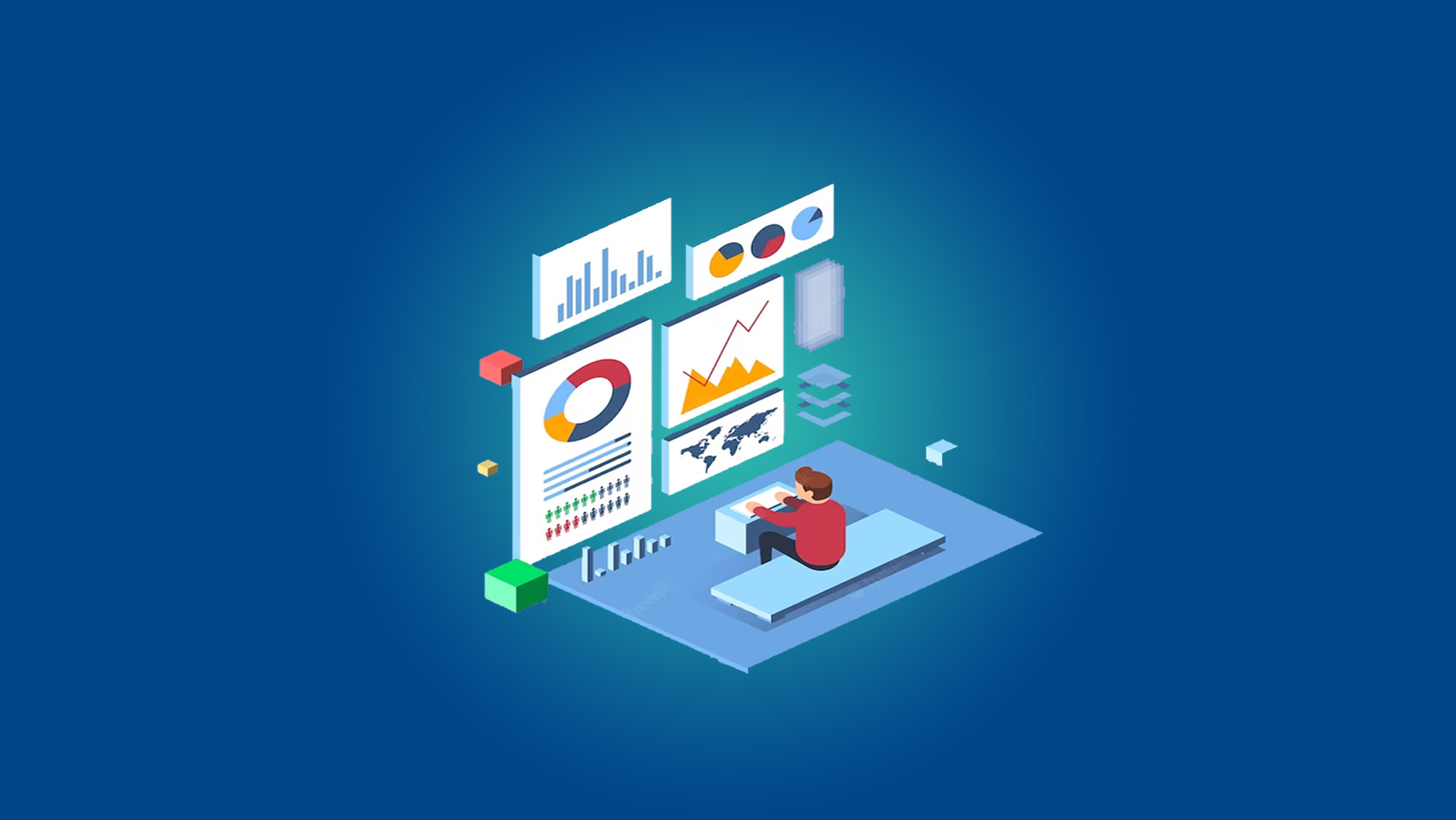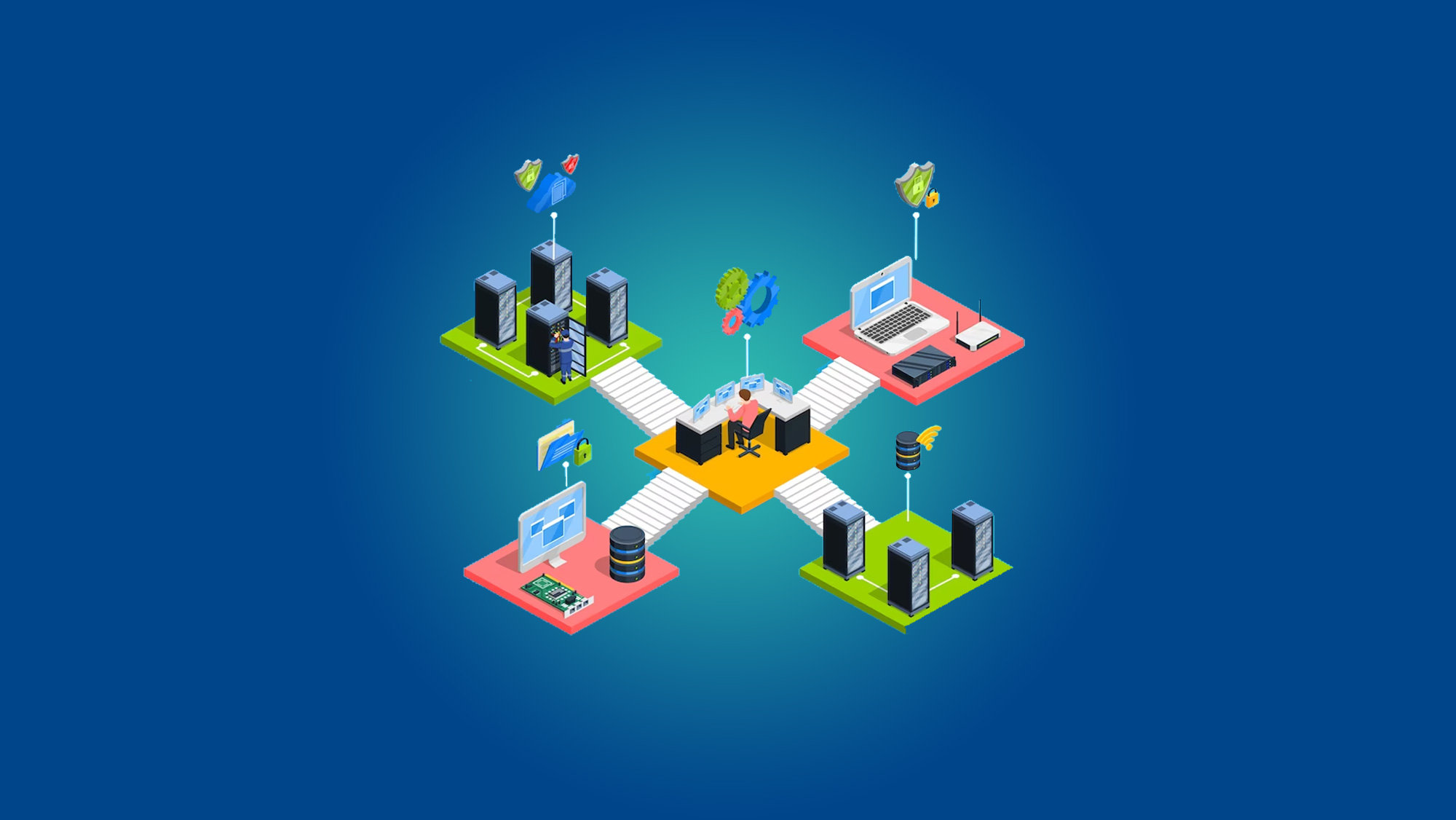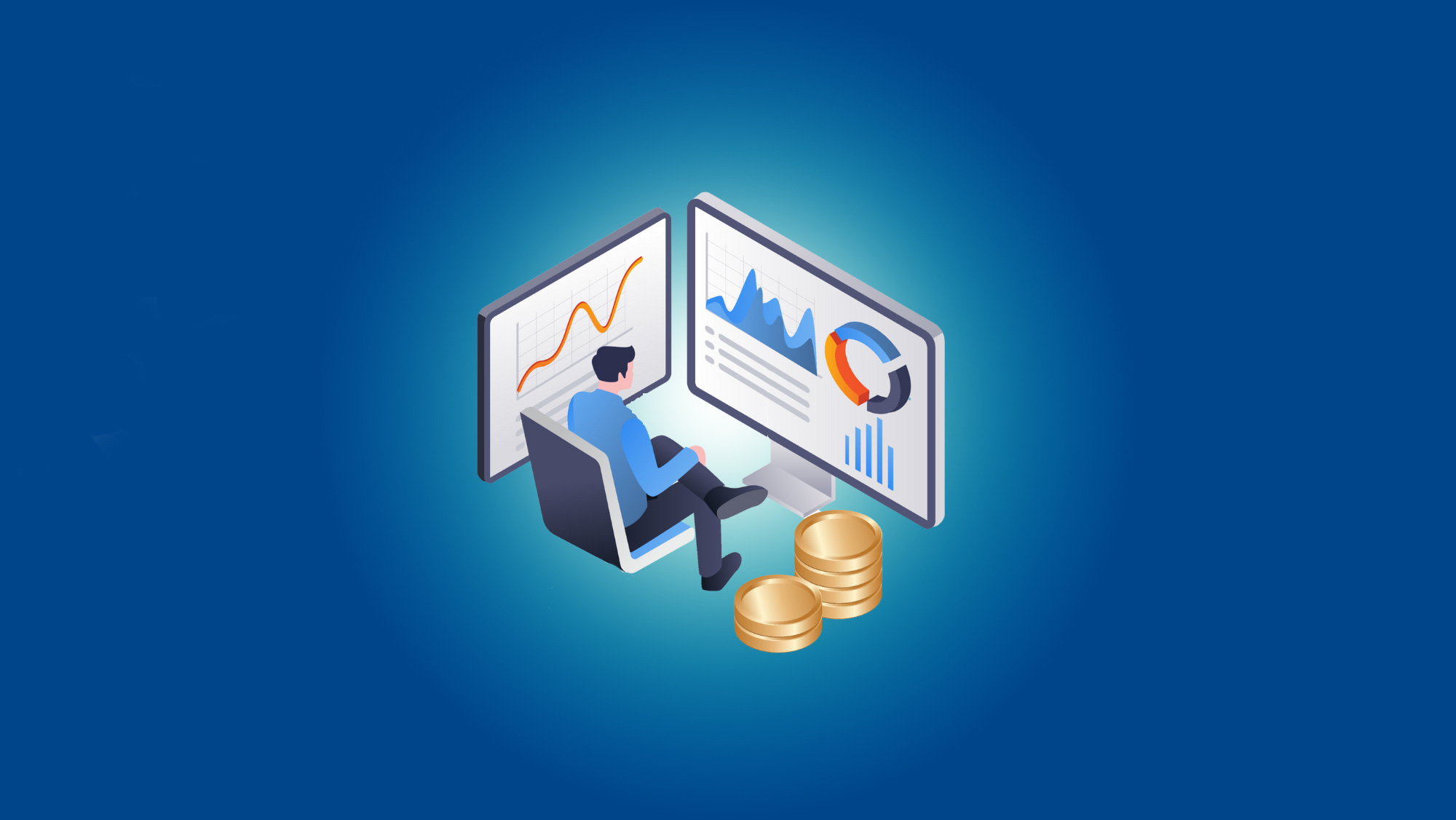GCP Security: Protecting Data and Apps in the Cloud
Introduction:
As organizations increasingly adopt cloud computing, ensuring robust security measures becomes paramount. Google Cloud Platform (GCP) places a strong emphasis on security, offering a wide range of features and services to safeguard data and applications. In this blog, we will delve into the security aspects of GCP, exploring its key features and best practices for protecting your valuable assets in the cloud.
1. Data Encryption:
GCP prioritizes data encryption to maintain confidentiality and integrity. It offers multiple encryption options, including default encryption at rest for data stored in GCP services, customer-managed encryption keys (CMEK), and Google-managed encryption keys (GMEK). By encrypting data both at rest and in transit, GCP ensures that unauthorized parties cannot access sensitive information.
2. Identity and Access Management (IAM):
GCP's IAM allows organizations to manage user access to resources effectively. IAM enables granular control over permissions and privileges, ensuring that only authorized individuals can access sensitive data and applications. With features like multi-factor authentication (MFA) and Identity-Aware Proxy (IAP), GCP strengthens the authentication process and protects against unauthorized access attempts.
3. Network Security:
GCP provides robust network security controls to safeguard cloud resources. Virtual Private Cloud (VPC) enables organizations to create isolated networks, segmenting workloads and controlling network traffic. Additionally, GCP offers firewall rules, Cloud Armor, and Cloud Identity-Aware Proxy to protect against network-based threats and unauthorized access.
4. DDoS Protection:
GCP's robust infrastructure is built to withstand Distributed Denial of Service (DDoS) attacks. GCP provides automatic DDoS protection for all customers, defending against volumetric, state-exhaustion, and application layer attacks. Google's global network and advanced mitigation capabilities ensure that your applications remain available even during DDoS attacks.
5. Security Monitoring and Compliance:
GCP offers comprehensive security monitoring and logging capabilities. Cloud Monitoring and Cloud Logging provide real-time insights into system and application behavior, detecting and alerting on suspicious activities. GCP also adheres to various industry standards and compliance certifications, such as ISO 27001, SOC 2, HIPAA, and GDPR, enabling organizations to meet regulatory requirements.
Conclusion:
Google Cloud Platform places a strong emphasis on security, providing a robust suite of features and services to protect data and applications in the cloud. With data encryption, identity and access management, network security controls, DDoS protection, and comprehensive security monitoring, GCP offers organizations a secure and trusted cloud environment. However, it is essential for businesses to implement best practices, such as regularly updating security configurations, conducting vulnerability assessments, and educating employees on security protocols, to maximize the security of their GCP deployments. By leveraging GCP's security offerings and following security best practices, organizations can confidently embrace the benefits of cloud computing while maintaining the highest levels of data and application protection.
You May Also Like
These Related Stories

Accelerate Your Data Analytics with Cassandra Crunch Training Program

Empower Your Data Strategy: Discover the Value of Cassandra Training




No Comments Yet
Let us know what you think